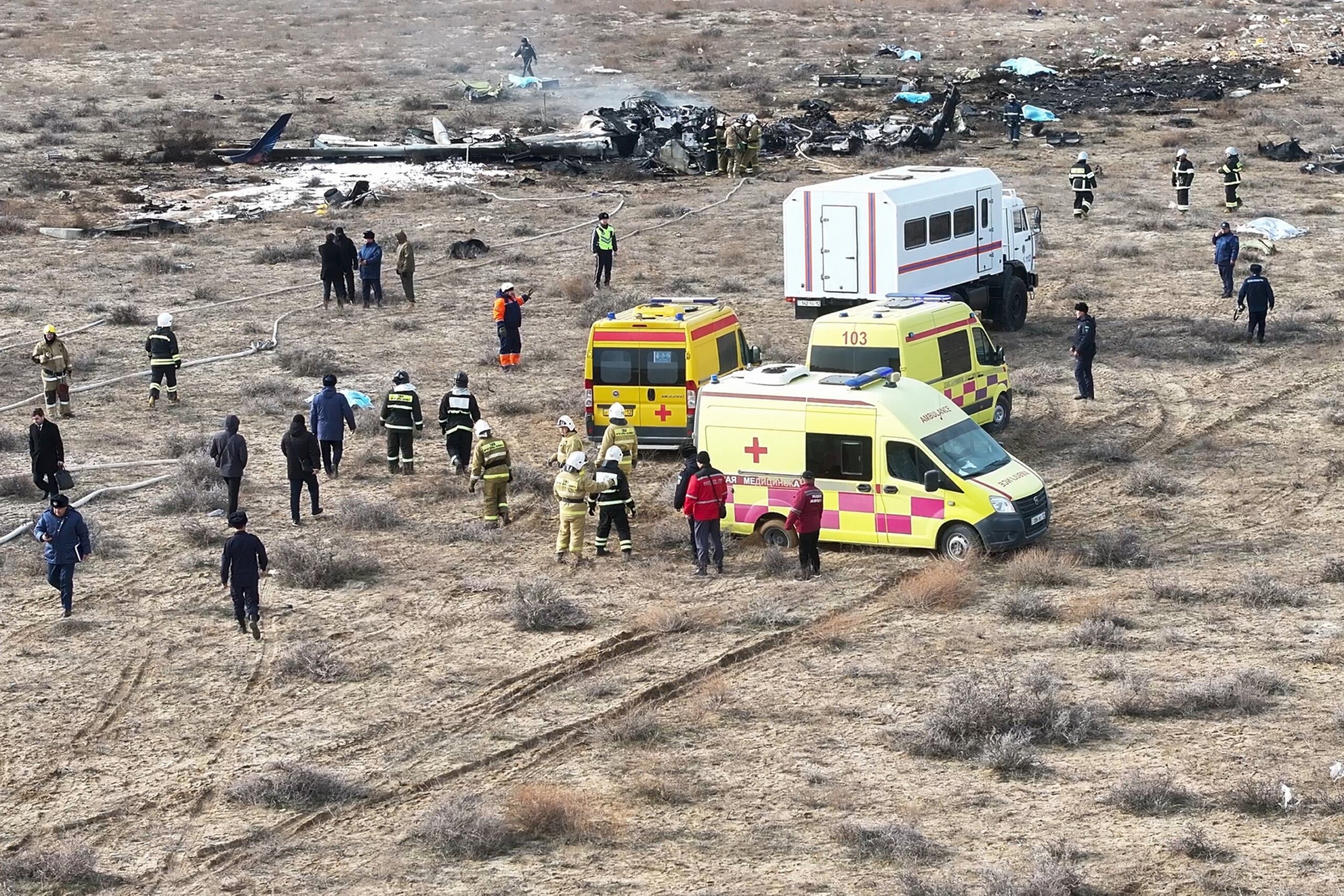Congo Transfers Death Row Inmates to High-Security Prison Amid Mixed Reactions
Over 170 death row inmates have been moved from the capital to face execution in a high-security facility.
Mass Transfer to Angenga Prison
In a significant move, Congolese authorities have confirmed the transfer of over 170 death row inmates from the capital city of Kinshasa to the high-security Angenga Prison located in the northern Mongala province. This decision has raised alarms and divided public opinion across the country.
According to Congolese Justice Minister Constant Mutamba, 70 prisoners were flown to Angenga on a single day, joining another 102 inmates who were relocated earlier. The most recent batch of inmates, aged between 18 and 35, were primarily convicted of crimes linked to armed robbery and are colloquially identified as “Kulunas,” a term used to describe urban bandits in the region.
Execution Uncertainties
While the relocation indicates a seriousness regarding the enforcement of capital punishment, Minister Mutamba’s statement did not disclose any details concerning the timing of the executions. This lack of transparency has led to speculation and concern among various stakeholders regarding the judicial processes surrounding these inmates.
Public Response: Walking a Fine Line
The decision to transfer the inmates has elicited a bifurcated response from the public. On one hand, there are residents like Fiston Kakule from Goma, an eastern city plagued by crime, who believe that such strict measures are necessary for restoring law and order.
“We welcome this decision by the minister because it will help put an end to urban crime. From 8 p.m. onwards, you can’t move around freely because you’re afraid of running into a Kuluna,” Kakule said.
Conversely, human rights advocate Espoir Muhinuka has raised significant alarms regarding the implications of this transference. He expressed concern over the potential for extrajudicial killings, urging that any execution process must adhere strictly to judicial procedures and fundamental human rights.
“The situation in the DRC is complex and requires a multidimensional approach. The fight against urban gangs must go hand in hand with efforts to combat poverty, unemployment, and social exclusion, which often contribute to crime,” Muhinuka added.
The Death Penalty in Context
Congo’s relationship with the death penalty has been fraught with complexities. Initially abolished in 1981, the death penalty was reinstated in 2006. Yet, the country has seen a long hiatus in its usage—since the last known execution took place in 2003, there has been a palpable absence of such judgments in practice.
Nonetheless, there have been signals indicating a revival of capital punishment in recent years. In March 2024, the government announced a resumption of executions specifically for treason committed by military personnel. Earlier this year, two batches of soldiers were sentenced to death—eight in May and an additional 25 in July. However, reports suggest that none of these death sentences have been executed to date.
Concerns Over Judicial Integrity
The current climate coupled with systemic issues raises concerns regarding the integrity of the judicial system in Congo. Activists warn that political pressures could compromise the fairness of trials, potentially leading to wrongful convictions and arbitrary executions. Such developments could further entrench the cycle of violence and mistrust towards state institutions.
Critics of the government’s hardline stance often point to the lack of a robust framework to address the root causes of crime in urban settings. Mistrust in law enforcement, socioeconomic disparities, and inadequate access to education and employment fuel a persistent cycle of crime, which punitive measures alone are unlikely to resolve.
A Call for Peace and Justice
As the debate unfolds, it is essential for authorities in the DRC to strive for an approach that balances the need for security with the principles of justice and human rights. The transfer of these death row inmates serves as a stark reminder of the complexities involved in governance and law enforcement in a country plagued by crime and corruption.
While some may argue that capital punishment serves as a deterrent to crime, others contend that more holistic approaches—such as education, job creation, and community engagement—are necessary for meaningful change. The path forward demands transparency, accountability, and respect for human dignity, as these are the cornerstones of any just society.
